Editor’s note: This article was submitted by Asheville School.
On Thursday, Sept. 21, Oliver G. Prince Jr., class of 1971, addressed the Asheville School community on the 50th year of racial integration at the school. Prince and his classmates, Al McDonald and Frank DuPree, were the first three African-American students enrolled in Asheville School in 1967.
They came to Asheville School, a coed, college preparatory boarding and day school for students in grades nine through 12, through the Anne C. Stouffer Foundation, an organization founded by Anne Forsyth that aimed to racially integrate elite Southern boarding schools.
Head of School Arch Montgomery introduced Prince by asking students to consider the experience of Prince, McDonald and DuPree arriving to campus for their first year. He called on students to place themselves in the shoes of those three young men: Not only were they in a new place, but they were also different than any other students in the history of the school. And they were asked to be representatives of their race on the heels of one of the most violent summers in the civil rights movement.
Montgomery asked the students: “Do you have the empathy to put yourself in those shoes?” He lauded the courage of Prince, McDonald and DuPree and thanked Prince for addressing the community.
Prince delivered a deeply personal lecture that connected with students. He opened by joking that as a student 50 years ago, he would have never imagined that he would be up on the stage giving a convocation talk to the community.
Prince stressed that his story was only part of the larger “our story,” which encompassed the narrative
of Asheville School’s historic past. “I’d like to tell you about our story,” he said, “because today our story is different.”
“What is our story?” Prince asked the audience. “Our story is one of visionaries, of profiles in courage and strength and sacrifice. It’s about agents of change, about heroes, about leaders, and it’s about ordinary people. You see, what happened in 1967 and 1968 isn’t my story. It’s not Al McDonald’s story. It’s not Frank DuPree’s story. It’s about our story that has made Asheville School the place that it is today. And we all have a part in that.”
Prince acknowledged the vision of the leaders of the Stouffer Foundation: founder Anne Forsyth, John Ehle and Vernon Jordan, who worked to help enroll African-American students in boarding schools across the South.
Prince also thanked Asheville School’s head of school from the time, John “Jack” Tyrer, who, after just three years in his position, made the decision to integrate Asheville School.
“[Jack Tyrer] had the vision … had the foresight to say, ‘You know, there are things we need to do to make this school a better school, and one of them is to change the way it looks,’” Prince said. “So, over the objections of many people — trustees, faculty, students, parents — Jack Tyrer decided, ‘I’m going to integrate the school.’”
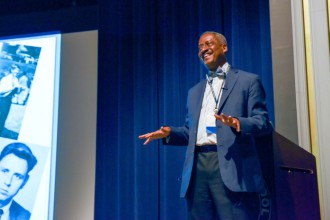
Prince gave historical context and described events that were happening across the nation at the time, like the 1968 Orangeburg Massacre at South Carolina State University, during which three young African-American men were killed during a protest — one of whom was a high school student sitting on dormitory steps waiting to meet his mother.
He said that it was not courage on his part, but rather on the part of his parents, who allowed him to move away from home to attend a previously all-white boarding school in those times. “Arch was very nice and he talked about my courage and Al’s courage,” Prince said. “I don’t think we were the courageous ones. I think it was our parents. My parents. Mr. and Mrs. McDonald. Mr. and Mrs. DuPree.”
“It was a great sacrifice to try and build a better world,” Prince said of his parents’ decision to send him to Asheville School. “Not just for ourselves, but for others as well. That’s our story.”
Rather than the courageous ones in the story, Prince said that he, McDonald and DuPree were the agents of change. “We didn’t drive the change, we weren’t the visionaries,” he said. “We weren’t our parents, who had the courage and the willingness to sacrifice their treasure for something that they thought was bigger than themselves, even bigger than us. But we did carry some weight. It’s hard being 13 years old and feeling like you’re carrying the weight of every black person in America on your shoulders. It’s not pleasant.”
Prince then acknowledged several former Asheville School faculty members whom he called the heroes of Asheville School’s story. He thanked Ron Bromley, Doc Embler and Chuck Carter for their mentorship, kindness and guidance. “They were our heroes,” Prince said. “They made this not Al’s story or my story, but they made this our story because they took this on. And took it on in full force.”
Overall, the story of integration at Asheville School was one of ordinary people, Prince said. “The real leaders were our classmates,” he said. “You know, most of all we were just friends. Just kids. Trying to get along. Trying to do the right thing. We were just ordinary people thrust into an extraordinary circumstance that made a difference for all of us. We enriched each other’s lives. And I hope, I believe, we made a mark on the school for years to come.”
Prince ended the talk by emphasizing the idea that Asheville School today is a result of ordinary people taking risks and standing by the courage of their convictions. “Do you have the courage of your conviction? I believe you do. That’s our story. That’s why we’re here. That’s why this place is so great. That’s why I fell back in love [with Asheville School]. Have the courage. Do the right thing,” he said.

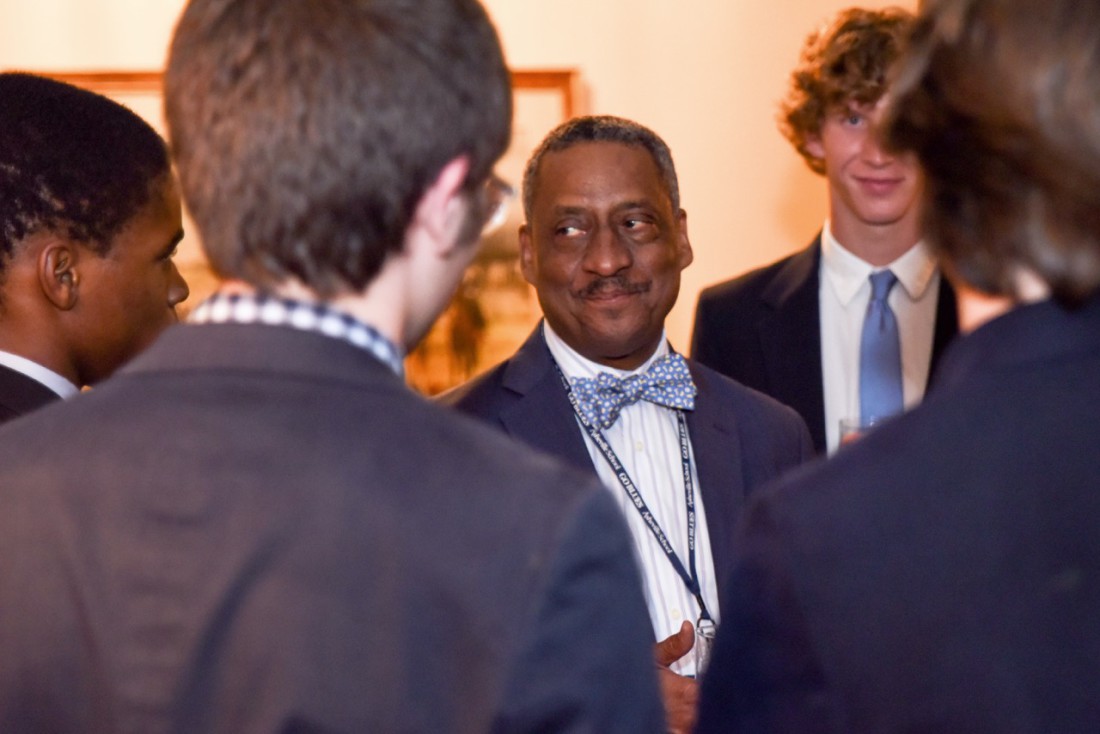
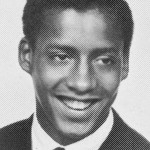

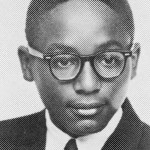
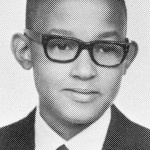


Before you comment
The comments section is here to provide a platform for civil dialogue on the issues we face together as a local community. Xpress is committed to offering this platform for all voices, but when the tone of the discussion gets nasty or strays off topic, we believe many people choose not to participate. Xpress editors are determined to moderate comments to ensure a constructive interchange is maintained. All comments judged not to be in keeping with the spirit of civil discourse will be removed and repeat violators will be banned. See here for our terms of service. Thank you for being part of this effort to promote respectful discussion.